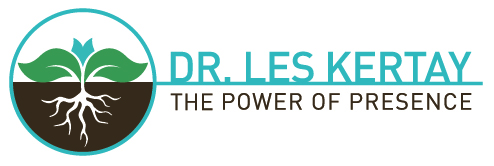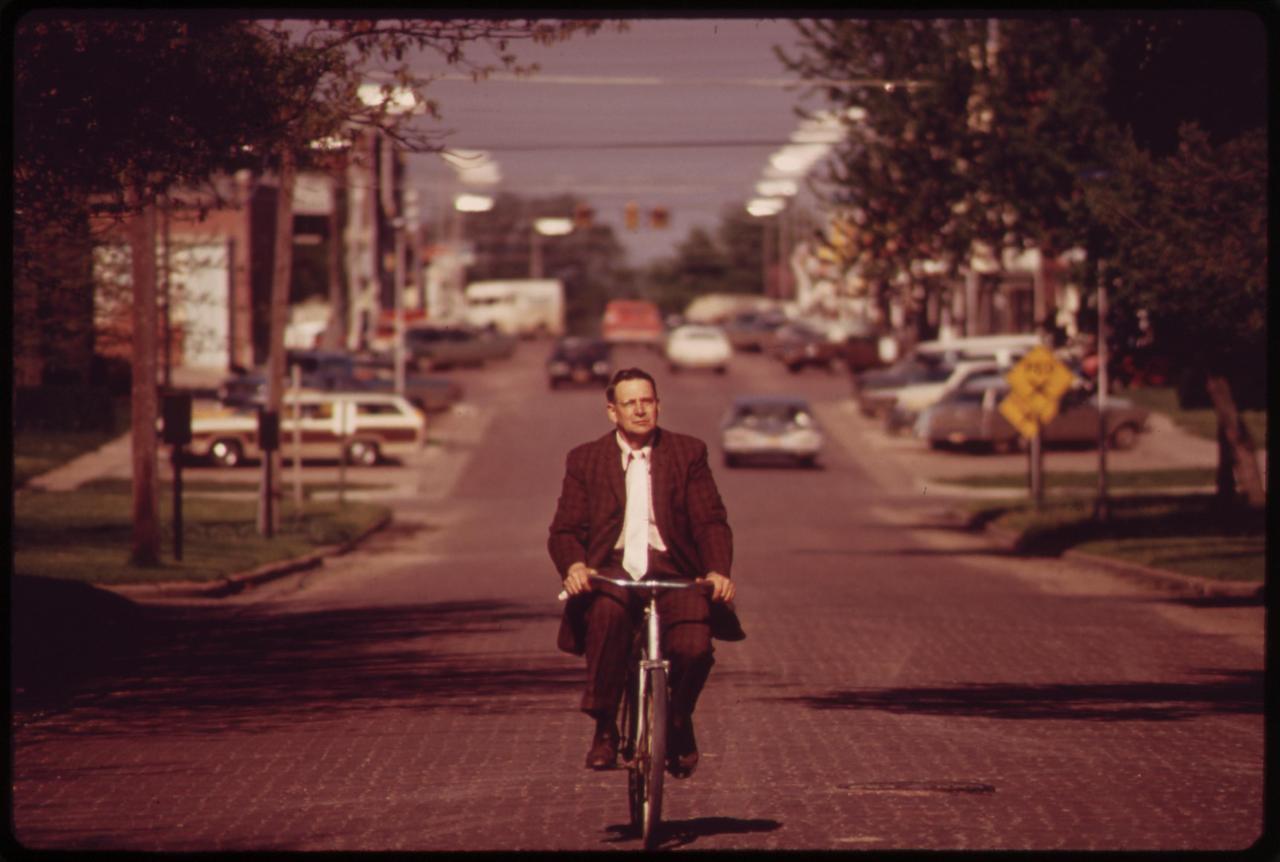 Hero, courage, service. Those words get tossed around a lot these days. Sometimes I think I’ve gone numb to them. Sometimes I think they are used cynically. Other times I think we confuse courage with bravado, or braggadocio.
Hero, courage, service. Those words get tossed around a lot these days. Sometimes I think I’ve gone numb to them. Sometimes I think they are used cynically. Other times I think we confuse courage with bravado, or braggadocio.
Too often, they are tied only to war and risking the ultimate sacrifice.
Most times I think we’ve forgotten altogether what they mean.
I should say, most times I forget what they mean. Especially when I am afraid.
These days, I confess, I often am afraid. And when I am afraid, my voice goes quiet. Today, I need a little inspiration.
![]()
Last weekend I heard an interview with Leymah Gbowee, a Liberian social worker who, along with Ellen Johnson Sirleaf, won the Nobel Peace Prize for their entirely non-violent movement that transformed Liberia, led to the departure of the dictator Charles Taylor, and ended one of the most vicious civil wars in history.
How did the accomplish this? By deciding that enough was enough. By having the courage to face their oppressor, look him in the eye, and say, “No more.” Men had been waging war for as long as anyone could remember, kidnapping young boys and turning them into cruel mercenaries, raping and beating and murdering women and girls without mercy. No one could see an end to the horror. No one, that is, until the women had had enough. Slowly, speaking to women across religious and social lines, they gathered. Eventually, in 2003, they were granted an audience and delivered this message:
We are tired of war. We are tired of running. We are tired of begging for bulgar wheat. We are tired of our children being raped. We are now taking this stand, to secure the future of our children. Because we believe, as custodians of society, tomorrow our children will ask us, ‘Mama, what was your role during the crisis?’
Imagine facing men with guns, led by the man who killed so many with impunity, with nothing but words and the determination to give them voice. That’s courage.
![]()
 Then this morning I read this story. It is a story about the moment at the 1968 Olympics, when Tommie Smith and John Carlos stood on the podium, barefoot in recognition of the poverty faced by those oppressed by racial injustice, each with a raised fist, in recognition of the continuing inequities of the supposedly post civil rights era.
Then this morning I read this story. It is a story about the moment at the 1968 Olympics, when Tommie Smith and John Carlos stood on the podium, barefoot in recognition of the poverty faced by those oppressed by racial injustice, each with a raised fist, in recognition of the continuing inequities of the supposedly post civil rights era.
In case you’ve forgotten, 1968 was the the year that saw the assassinations of Martin Luther King, Jr and Robert F Kennedy.
But the story isn’t about Smith and Carlos. It’s about the third guy, the short white dude who won silver against two of the fastest runners ever. Peter Norman, representing an Australia of the apartheid era. Peter Norman, who stood with Smith and Carlos and supported them by wearing a borrowed badge of the Olympic Project for Human Rights, a movement of athletes supporting the battle for equality.
Smith and Carlos were reviled at the time, but eventually were seen to have been on the right side of history. What about Peter Norman, the third man no one remembers?
He was shunned. Despite qualifying, despite running a 200 meter race at a pace that set the record in Australia for 47 years, he was denied a place on the Olympic team for the Munich games of 1972. He never ran on the world stage again. He was denied work, hated as a traitor. He was threatened.
It wasn’t until 2012 that the Australian Parliament issued an apology for how he’d been treated, an apology that came six years after Norman’s death of a heart attack. He never recovered from, but also never backed down from, the consequences of his actions.
He could have disavowed Smith and Carlos and been forgiven. But he didn’t. He gave voice to truth, and didn’t turn away. That’s courage.
![]()
 Last but not least, there are my parents. When they were in their mid-30s, my parents got on a boat bound for the United States, having left Hungary at the end of World War II and waiting 6 years to be allowed to immigrate. My father had just recovered from typhoid fever, and was severely debilitated. They came with my brother and sister, then 5 and 3, in tow.
Last but not least, there are my parents. When they were in their mid-30s, my parents got on a boat bound for the United States, having left Hungary at the end of World War II and waiting 6 years to be allowed to immigrate. My father had just recovered from typhoid fever, and was severely debilitated. They came with my brother and sister, then 5 and 3, in tow.
They arrived at Ellis Island speaking not a word of English. Yet they built a life, raised my brother and sister and, two years later, me.
They did what they had to do.
Not. One. Word. Of. English. Thousands of miles and an ocean away from home. With small children to care for. Still, they gave voice to their conviction to build a life.
That’s courage.
![]()
I needed some inspiration today. I need inspiration in the face of life’s challenges and rounding the clubhouse turn of my life. I need inspiration in the face of the insanity and hatred I see scroll through my social media feed and across the news screens.
And I needed it not to be unattainable. I needed the everyday hero.
Once I started looking, I started seeing them all around me.
I must not fear.
Fear is the little death that brings total obliteration.
I will face my fear.
I will permit it to pass through me and over me.
When it has gone I will turn to the inner eye to see its path.
Where there was fear there will be nothing.
Only I will remain.
The litany against fear, from the Dune series
Dr. Les Kertay




